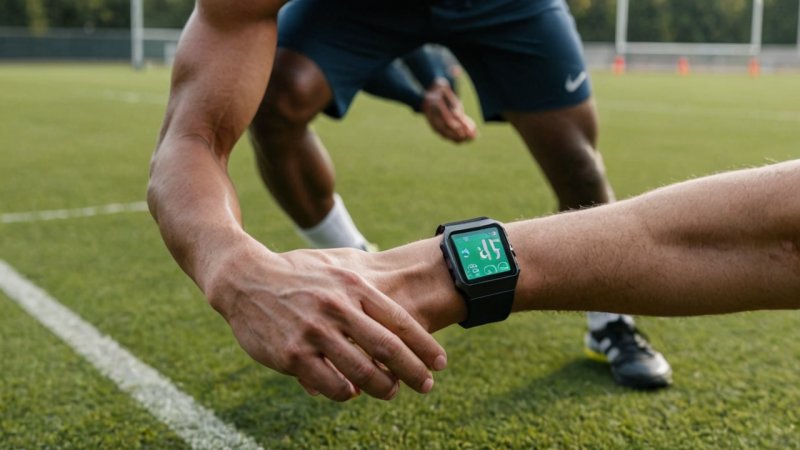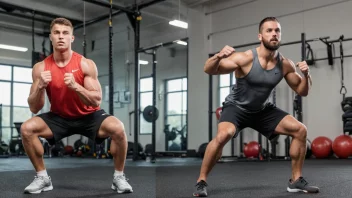1. Wearable Fitness Trackers
Wearable fitness trackers have revolutionized how athletes monitor their performance. These devices can track heart rate, distance covered, and calories burned, allowing players to analyze their training data effectively.
2. Smart Helmets
Smart helmets equipped with sensors help in monitoring impacts during training sessions. This technology aids in assessing risk levels for concussions, ensuring that players can remain safe while improving their game.
3. Video Analysis Software
Video analysis software enables coaches and players to break down game footage to assess performance. By analyzing specific plays or movements, athletes can identify areas for improvement and refine their techniques.
4. Virtual Reality Training
Virtual reality (VR) technology immerses players in simulated game scenarios, allowing them to practice decision-making skills in a risk-free environment. This innovative training method enhances cognitive functions and reaction times.
5. Biomechanical Analysis Tools
Biomechanical analysis tools provide insights into an athlete's movements. By utilizing motion capture technology, coaches can pinpoint inefficient techniques and help athletes enhance their performance while reducing the risk of injury.
6. GPS Tracking Systems
GPS tracking systems allow coaches to monitor a player's positioning and movements on the field. This data not only helps in tactical planning but also assists in managing player workloads to prevent overtraining.
7. Training Apps
Various training applications available today offer customized workout plans, nutrition tracking, and progress monitoring. These apps empower athletes to take control of their training regimen and stay accountable.
8. Recovery Technology
Technological advancements in recovery tools, such as cryotherapy and compression therapy devices, play a crucial role in enhancing recovery post-training. These methods reduce muscle soreness and expedite recovery times.
9. Online Coaching Platforms
Online coaching platforms connect athletes with professional trainers and coaches regardless of their location. This accessibility to expert guidance enhances training techniques and ensures that athletes receive tailored advice.
10. Data Analytics
Data analytics tools aggregate performance statistics, enabling teams to make informed decisions about training strategies and player development. By leveraging data, teams can improve not only individual performance but also overall team dynamics.
Conclusion: The integration of technology in training techniques offers football players a unique advantage to enhance their performance while maintaining safety. From wearable devices to advanced recovery tools, embracing these technological advancements can lead to significant improvements in athletic training.






